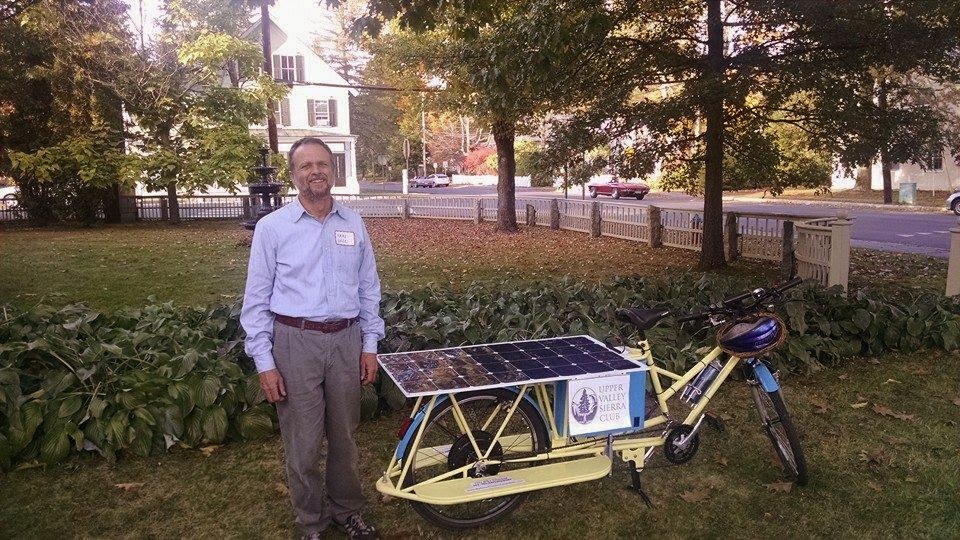Here's your chance to help. Advice appreciated from builders who have hands-on experience with several systems, and long-term durability ebike systems.
http://www.careforlife.org/
Hi Ron,
I enjoy reading your work on electric bikes. We at Care for Life (please see http://www.careforlife.org/), a U.S. based NGO with 501(c)3 tax status need some advice. CFL has been licensed and working in the Beira/Manga area of central Mozambique for about 15 years. The CFL programs in Mozambique are large and growing in the number of families reached.
One of the problems we face is in our ability for our professional staff to reach their assigned areas quickly and efficiently. I have been asked to look into low cost ways of achieving this objective. I believe that electrical energy produced through wind or solar is the optimal way for us to proceed with the generation of electrical energy and that electric bikes the best way for the CFL staff members to carry out their duties.
We are looking for really hard working, rural dirt road capable, eBikes. We like the new UBCO 2X2 out of New Zealand but it is very expensive and New Zealand is a long way from southern Africa. Anyway, we are wondering if you have any thoughts on an eBike that could stand up to daily use in a rural environment.
Thanks, Don
Dear Don, I am quite flattered that you would email me with such an important request. If you don't mind, I will contact the chat forum that I frequent, and there are many people there who are very passionate about electric bikes, and we will gather suggestions that may help you.
Is the region you wish to service fairly flat, or does it have frequent steep up-hills?
Also, countries like Mozambique typically have an existing infrastructure of small displacement mopeds, often a 50cc gasoline-powered light motorcycle. I mention that because flat tires can be the weak link in an expensive ebike system, and it would be wise to leverage existing supply lines of popular products, such as moped tires...and such a choice would not only reduce the number of flat tires, any tire damage you do experience could be quickly and cheaply repaired if the tire type was common in the local villages.
Since I expect the roads to be in a "challenging" condition, any electric power system should be a fairly low-speed and high-torque version that would be used primarily for the hill-climbing portions of any trip. Pedaling extensively on the flattest portions of the trips would greatly extend the range of any battery that you might use.
My initial thoughts are that [if I were pedaling across Mozambique], I would want a longtail cargobike with a steel frame. I would recommend looking at images of the Yuba Mundo and Xtracycle Edgerunner for inspiration. Such a style of bicycle can easily and cheaply be made by welding two common frames together in that country, rather than shipping a retail frame from the Utah to Africa.
I mention steel because it should be easy (or rather "easier") to repair any frame damage in many more places by welding, compared to torch-brazing an aluminum frame. I will will post your request and this response on the chat forum to stimulate conversation, and I will get back to you as soon as we arrive at a consensus.
http://www.careforlife.org/



